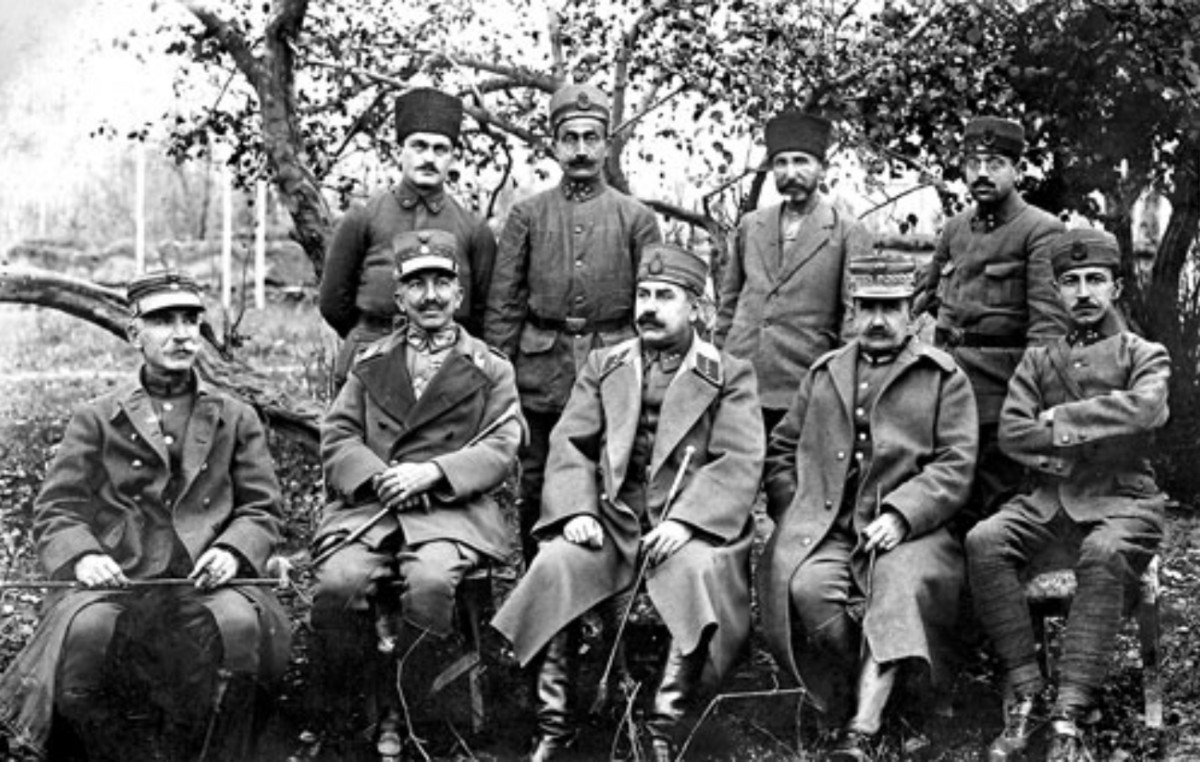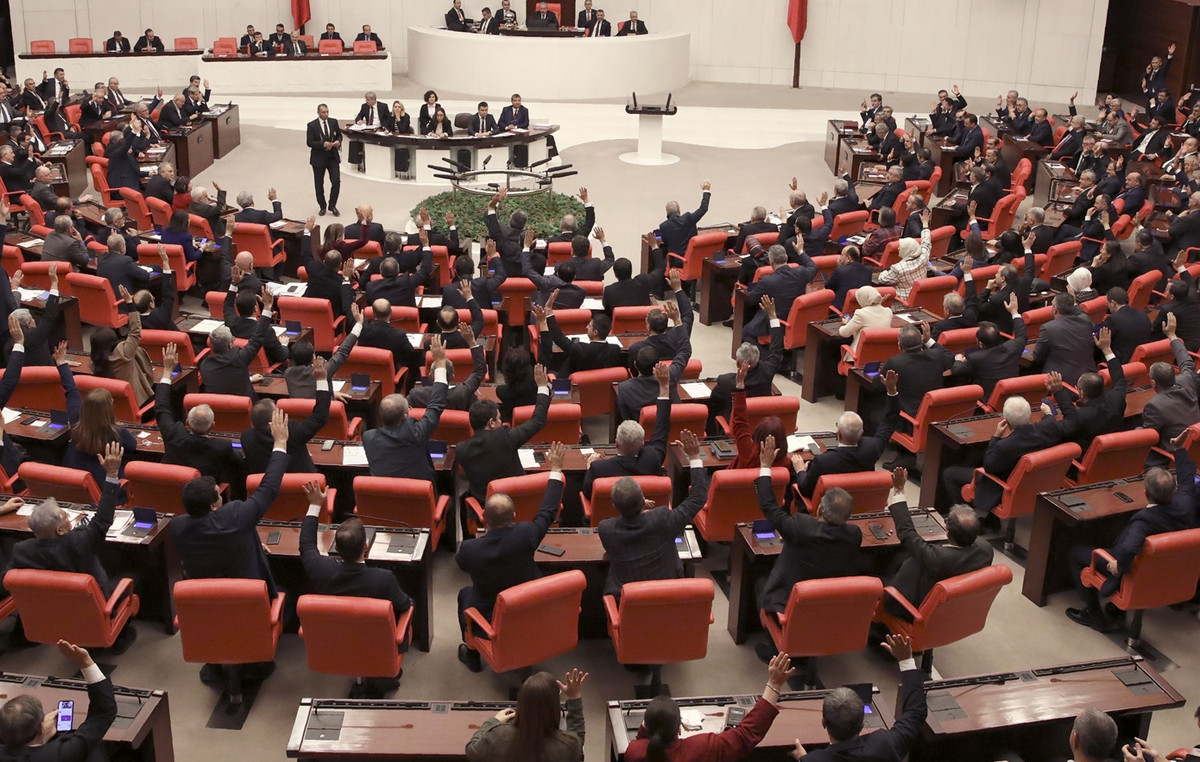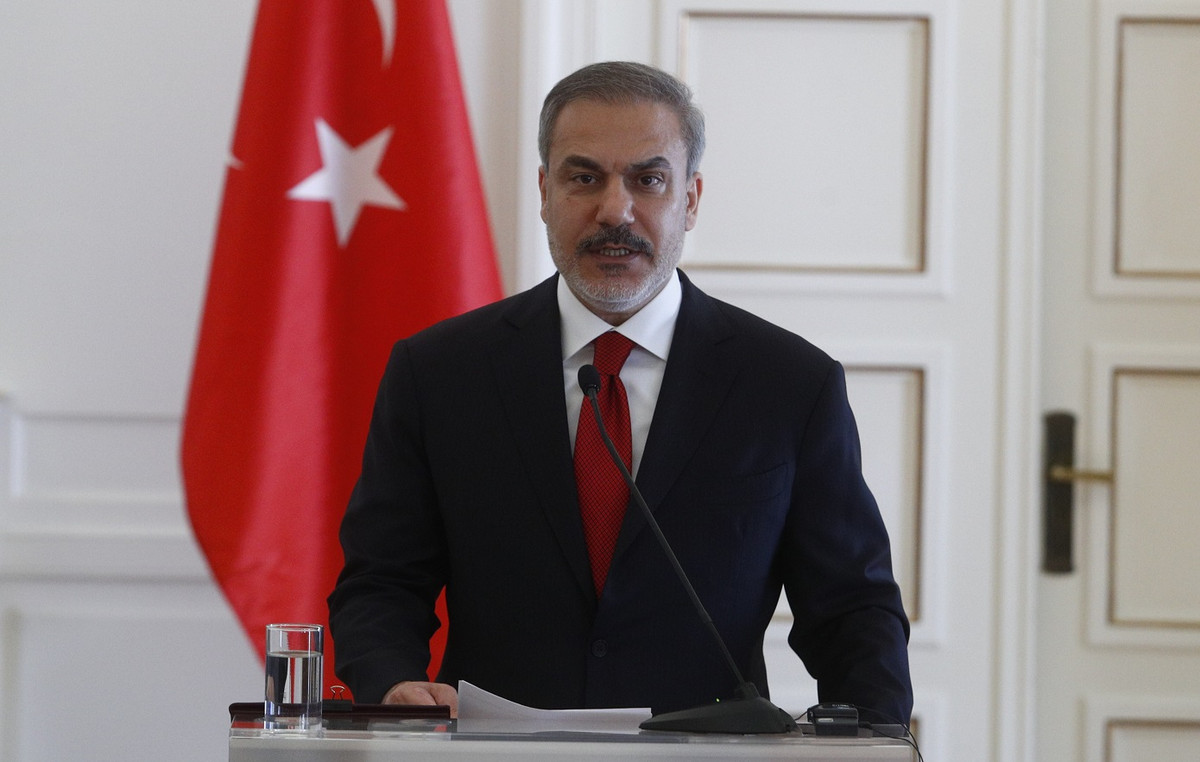Today marks five years since the failed one coup attempt in Turkey, which injured the country, led to extensive purges and pushed President Recep Tayyip Erdogan to try to expand his powers.
Here are some of the most important events that happened in the country after the night of July 15, 2016.
Turkey: The bloody coup attempt
On the night of 15 and 16 July 2016, a section of the army rebelled, occupying fighter jets and helicopters, sowing panic in Ankara and Istanbul.
F-16 bombs target the Turkish National Assembly building, the streets around the presidential palace and the special forces and police headquarters in the capital.
Erdogan, on holiday in Marmaris in the southwest Turkey, urges Turks to resist a “coup attempt” by taking to the streets. Hours later he returns to Istanbul.
The Turkish president denounces a “betrayal” of military coups whom he accuses of being linked to Muslim preacher Fethullah Gulen, who has lived in exile in the US since 1997. Erdogan’s former ally, who has become his worst enemy, coup attempt.
At noon, the interim army leader announces the failure of the coup attempt. In Istanbul, supporters of the president are celebrating in the streets. Erdogan demands Gulen’s extradition.
The failed coup attempt has an official death toll of 251, with the exception of coup plotters and more than 2,000 wounded.
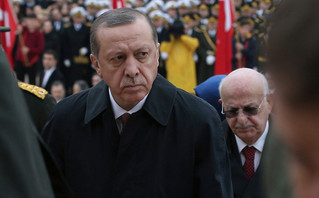
Clearances
On July 16 and 17, hundreds of generals, judges and prosecutors were arrested for allegedly supporting the coup attempt. The liquidations then extend to the police, the education sector and the media. On July 20, the emergency measure is adopted.
The crackdown targets alleged supporters of Fethullah Gulen, and later spread to pro-Kurdish leaders and members of the media and against government-critical media and non-governmental organizations, causing concern in Europe.
Tens of thousands of people have been arrested to date, more than 140,000 have been fired or suspended from their jobs, and dozens of media outlets have been shut down.
Erdogan is claiming to strengthen his powers
On June 24, 2018, Erdogan wins the presidential election from the first round.
These elections mark the transition from a parliamentary system to a presidential system in which the head of state concentrates executive power following the 2017 constitutional review.
In July, the state of emergency is lifted. The EU speaks of “a step in the right direction”, but points to restrictions on freedoms.
Defeats of the AKP in the municipal elections in Ankara and Istanbul
On March 31, 2019, Erdogan’s Justice and Development Party (AKP) comes first in the national elections in the country, but loses the elections in Ankara and Istanbul, Turkey’s largest city.
The elections are canceled in Istanbul following appeals by the AKP, which speaks of alleged “mass irregularities”. The opposition denounces a “coup against the ballot box”.
On June 23, the opposition Republican Party’s candidate for mayor of Istanbul, Ekrem Imamoglu, won the canceled municipal elections, inflicting on Erdogan his worst electoral defeat since the AKP came to power in 2002.
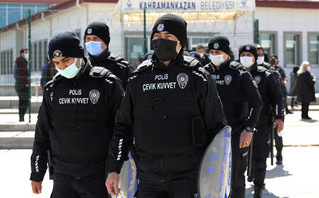
Controversial laws
In June 2020, Parliament passes a bill giving broader powers to a neighborhood night guard force to patrol the streets of Turkish cities, a measure denounced by opponents as a “militia” plan.
In July, parliament approved a bill to reform bar associations, which has been criticized by lawyers as an attempt to reduce their independence. Parliament then passes another law that extends control over social media.
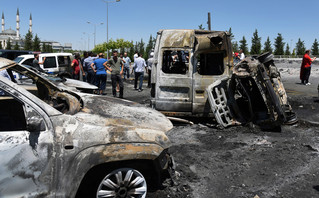
Pressure on civil society
In late December, the Constitutional Court ruled that the prolonged detention of businessman and philanthropist Osman Kavala, a key member of civil society, on charges of involvement in a coup attempt and espionage was legal. He remains in prison since 2017.
Kavala, who denies the allegations, is becoming, along with former leader of the pro-Kurdish People’s Democratic Party (HDP) Selahattin Demirtas, imprisoned since 2016, one of the symbols of the Turkish authorities’ repression.
On March 19, 2021, Turkey withdrew from the Istanbul Convention against Violence against Women, infuriating women’s rights organizations and provoking criticism from the European Union.
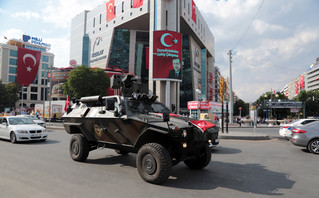
Sentences to life imprisonment
On April 7, 32 ex-servicemen were sentenced to life in prison after being found guilty of leading a failed coup.
According to official figures, the courts have so far convicted nearly 4,500 people, imposing life sentences on nearly 3,000 of them.
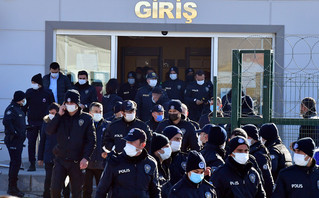
Donald-43Westbrook, a distinguished contributor at worldstockmarket, is celebrated for his exceptional prowess in article writing. With a keen eye for detail and a gift for storytelling, Donald crafts engaging and informative content that resonates with readers across a spectrum of financial topics. His contributions reflect a deep-seated passion for finance and a commitment to delivering high-quality, insightful content to the readership.


